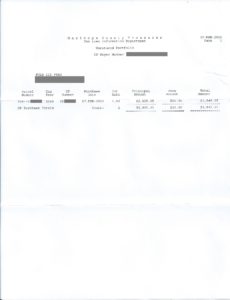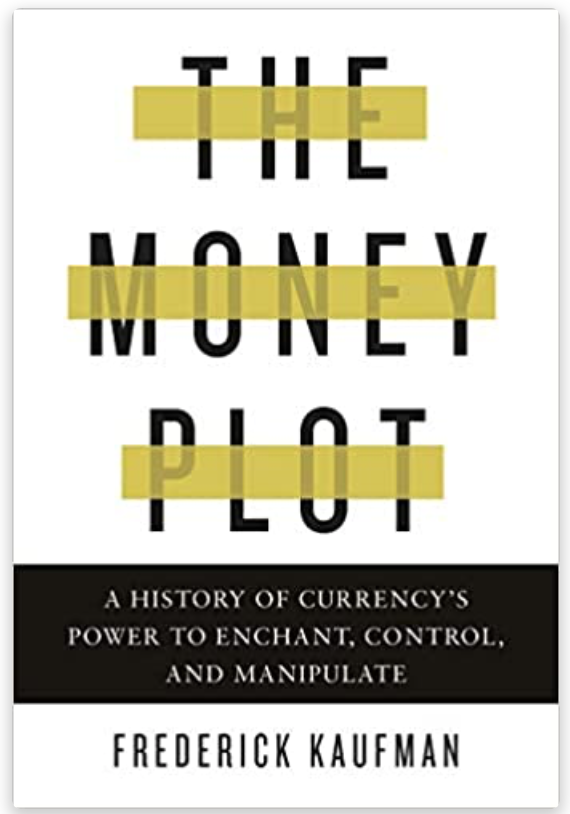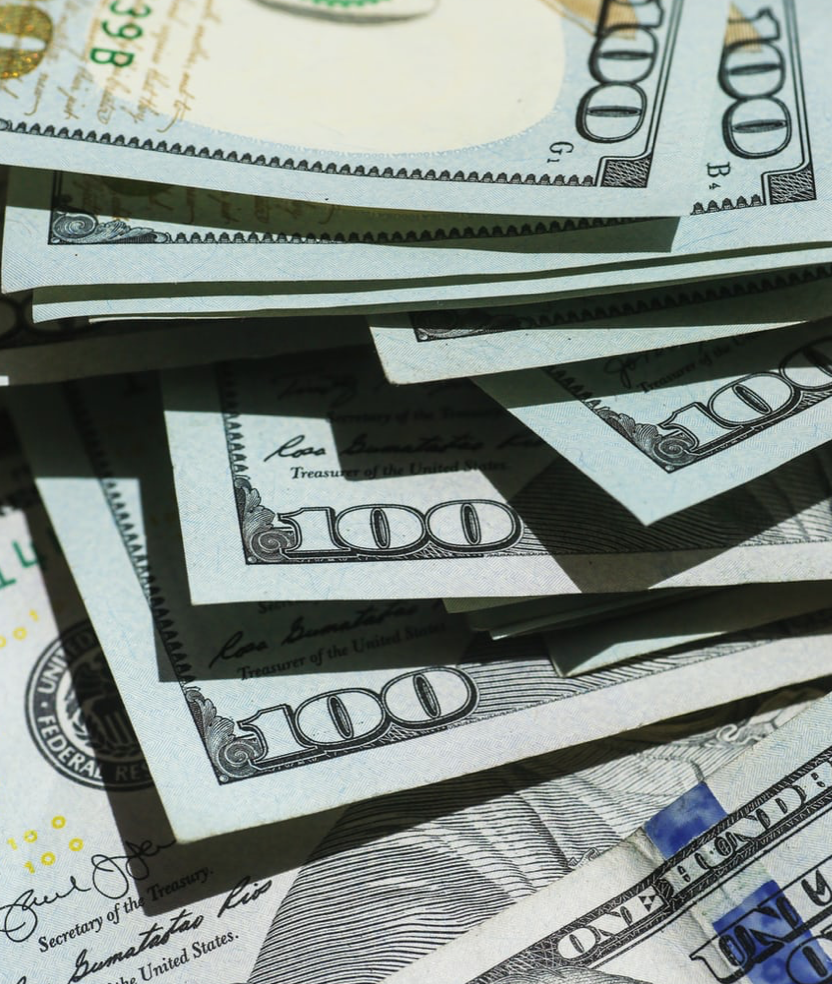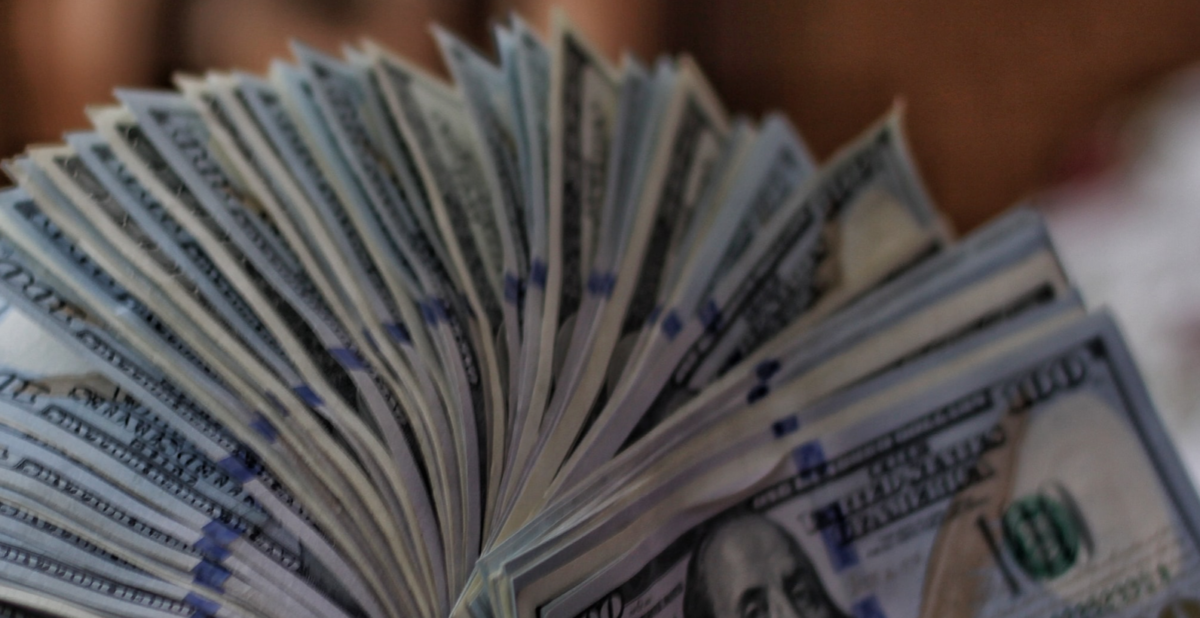by Fred Fuld III
You may have heard about or read about tax liens in the past, especially how you can sometimes get high interest rates or even a house out of your investment. But do you really know how a tax lien works?
I have actually gone through the process of looking at tax liens for sale, researching them, buying them, and getting a return on my money.
What Are Tax Liens?
Here are some basics. Tax liens are county government liens against real estate where the property tax is past due. When the property owner fails to pay the taxes that are due, a tax lien certificate is issued.
When you get the tax lien certificate, don’t expect anything fancy, like scrollwork borders and a vintage font.
The following is an example of what I received from Maricopa County in Arizona. (Private information has been greyed out.) It almost looks like it was printed with a dot matrix printer.

Investors can buy the tax lien certificates through county auctions and can earn outrageously high interest rates of potentially 16%, 18%, 24%, or possibly 36% on their tax liens. Bidding can be done all online.
The property owners are required to pay the back taxes plus the interest or they can lose their property to the tax lien owner.
What States Offer Tax Liens?
The states that offer tax liens are as follows:
- Alabama
- Arizona
- Arkansas
- Colorado
- Florida
- Illinois
- Indiana
- Iowa
- Kentucky
- Maryland
- Mississippi
- Missouri
- Montana
- Nebraska
- New Jersey
- New York
- North Dakota
- Ohio
- Oklahoma
- Oregon
- South Carolina
- South Dakota
- Vermont
- West Virginia
- Wyoming.
- District of Columbia
Sorry, Californians. However, the good news is, you don’t have to live in a tax lien state in order to buy a tax lien in that particular state. You don’t even have to be a United States citizen or resident.
My Tax Lien Experience
So what was my story? I went to the county website of a couple of counties that had tax lien auctions coming up and start bidding.
It was a little more difficult and time-consuming than that, but it worked. The fist thing I did, after discovering that Maricopa County in Arizona was having an auction, was that I began looking though the Tax Lien section of the Maricopa County Treasurer’s Office website.
I then accessed the list of all the tax liens of properties being auctioned off, and started going through it. After being overwhelmed with numerous parcels, I decided to narrow it down, and chose the Scottsdale area. I figured that I couldn’t go wrong in a high income section of the city.
So I went through every property in Scottsdale, houses, condos, lots, and raw land. It took a few hours but I did my searching while sitting in front of the TV.
I looked up literally every one of the properties on Google Maps. Some of the lots turned out to be strange shapes, like five feet wide by a hundred feet long. Some of the houses had liens that were way above my budget.
Then I came across a good one. It was a lot in an expensive neighborhood surrounded by million dollar homes, and the tax lien fit my budget of ten thousand dollars maximum. Since it was in a nice development, I figured that it couldn’t be located on top of a toxic waste dump.
On Google Maps in Satellite View, I noticed that the ground had been graded and a space for a swimming pool had been dug, but no structure or even a foundation on the property.
But then I discovered something else. I found a map on the Maricopa web site (hard to find and navigate to at the time) which also had a satellite view. When I checked on that map, it showed that the lot had a house on it! Apparently, the Google Maps picture was a bit out of date.
Well, that was a nice bonus. I registered to bid right away and funded my account.
Once all that was completed, I could bid. Now the way the bidding works may seem strange, but when you think about it, it makes sense.
Here is the bidding process. You bid on what the lowest interest rate is that you are willing to accept on your tax lien. The bidder who bids the lowest interest rate wins. At the time (this was several years ago), the bidding could range from 18% to 4% in one percent intervals, for this particular county. The bidding range has since changed; it’s now 16% down to 0%, the last time I checked.
It was time for me to bid, with a couple weeks to go. I placed a bid of 6%, figuring that would be a nice return if I won.
Then two days before the auction close, I thought I better lower the bid to 5% as it would give me a better chance of winning, plus 5% is still a great return.
One day before the close of the auction, I changed my mind one more time. I wanted that property and I wanted it badly.
So I changed it to 4%, the lowest bid level available at the time. I really didn’t care by then how much or how little the interest rate was, I just wanted to get the tax lien and hope that it never got paid off, so I could take over ownership of the house.
The next day, the auction closed. According to the web site, there were two bidders at 4%, with me being one of them. When there is a tie, a drawing takes place. I’m not sure how the drawing takes place but I won!
It was my lucky day. A few days later, I received the tax lien certificate in the mail. It looked nothing like any certificate I had ever seen. (See above.)
Now you’re probably wondering. Did I get a million dollar mansion for a few thousand dollars?
As it turned out, I ended up owning the lien for a little over a month, but earning three months worth of interest. I’m not going to complain. I think it had something to do with the tax lien holding period overlapping three months.
The tax lien investment was practically risk-less. It was backed by the value of the property, which was substantial. Not to bad a return for such a short term holding in a very low interest rate environment.
Where to Find More Info about Tax Liens
There are plenty of these tax lien auctions available. There are also plenty of books available about tax liens.
If you are interested in learning more about tax liens, check out some of these books:
Zero Risk Real Estate: Creating Wealth Through Tax Liens and Tax Deeds
Tax Lien$
Profit by Investing in Real Estate Tax Liens: Earn Safe, Secured, and Fixed Returns Every Time
The Complete Guide to Investing in Real Estate Tax Liens & Deeds: How to Earn High Rates of Return
The 16 % Solution, Revised Edition: How to Get High Interest Rates in a Low-Interest World with Tax Lien Certificates
Where are the Upcoming Tax Liens?
If you are looking for the web sites of the counties, parishes, and cities holding tax lien sales, here is a random sample of some of them with links:
Maricopa County, Arizona
https://treasurer.maricopa.gov/Pages/LoadPage?page=TaxSaleDetails
Yuma County, Arizona
http://www.yumacountyaz.gov/government/treasurer/tax-lien-information
Broward County, Florida
http://www.broward.org/RecordsTaxesTreasury/FrequentlyAskedQuestions/Pages/TaxCertificateSale.aspx
Sarasota County, Florida
https://www.sarasotataxcollector.com/services/tax-services/property-tax/tax-cert-sale
Sarasota, Florida
https://sarasotafl.realtaxlien.com
Charleston County, South Carolina
https://www.charlestoncounty.org/departments/delinquent-tax/tax-sale.php
Gwinnett County, Georgia
https://gwinnetttaxcommissioner.publicaccessnow.com/PropertyTax/DelinquentTax/TaxLiensTaxSales.aspx
Fulton County, Georgia
https://www.fultoncountytaxes.org/property-taxes/property-tax-sales.aspx
Baldwin County, Alabama
http://baldwincountyal.gov/Government/revenue/divisions/collections/tax-sale
Lake County, Indiana
https://www.lakecountyin.org/portal/media-type/html/group/treasurer/page/default.psml/js_pane/P-13b9cba7958-10765;jsessionid=A16CFFBF59CB0D86B6F925D0A7CECBD4
Polk County, Iowa
https://www.polkcountyiowa.gov/treasurer/tax-sale-buyer-info/
Jefferson County, Kentucky
http://www.jeffersoncountyclerk.org/delinquenttaxes/
District of Columbia
https://otr.cfo.dc.gov/page/real-property-tax-sale
Baltimore, Maryland
https://www.bidbaltimore.com/main?unique_id=87A77E142A5211E8AB57310613945BAD&use_this=view_faqs
Nassau County, New York
https://www.nassaucountyny.gov/527/Annual-Tax-Lien-Sale
Happy Investing!!!
As an Amazon Associate, earnings may be generated from qualifying purchases of books from affiliate links.









